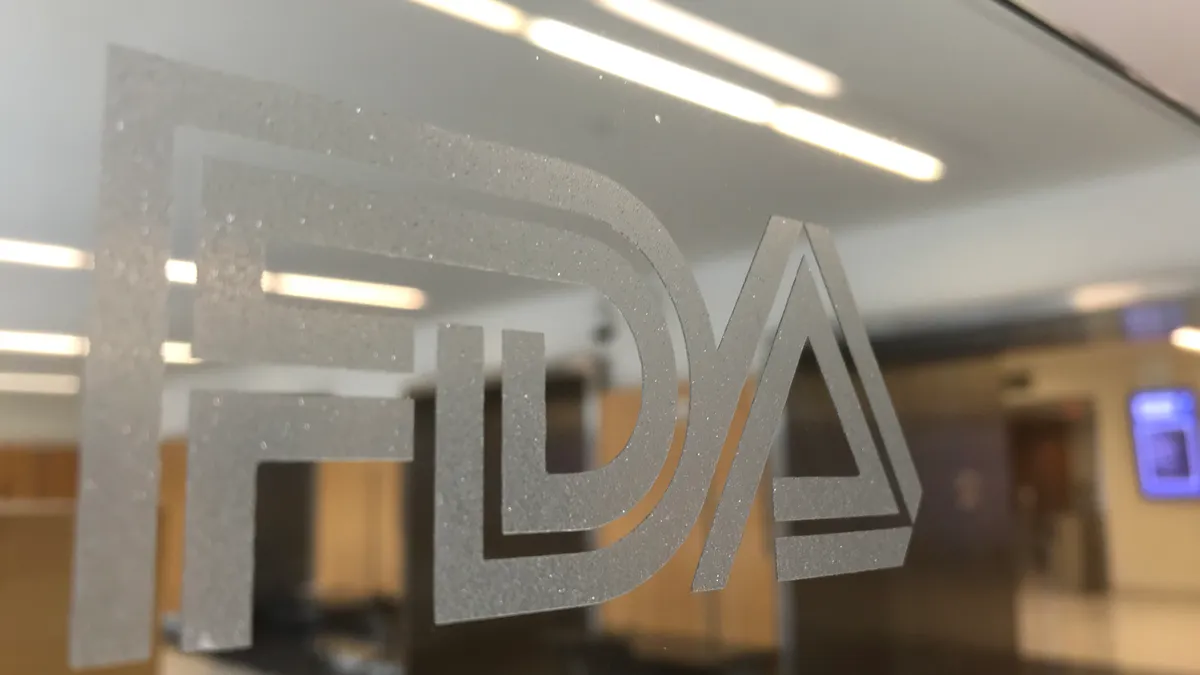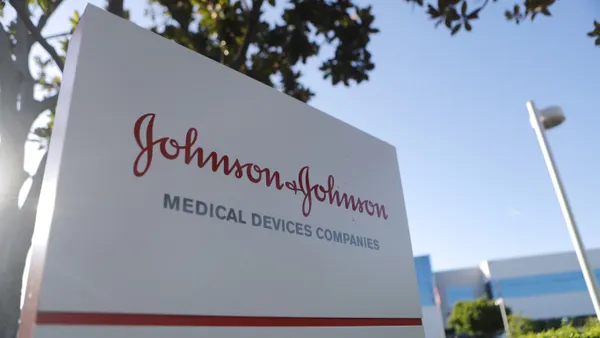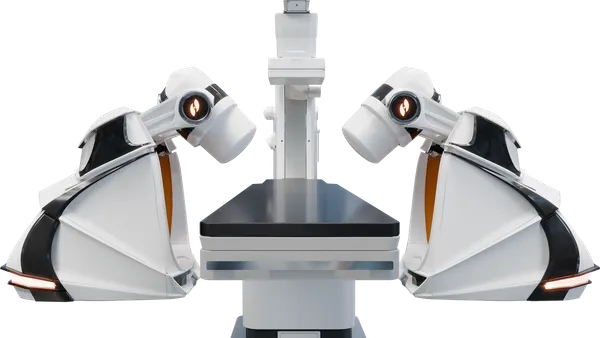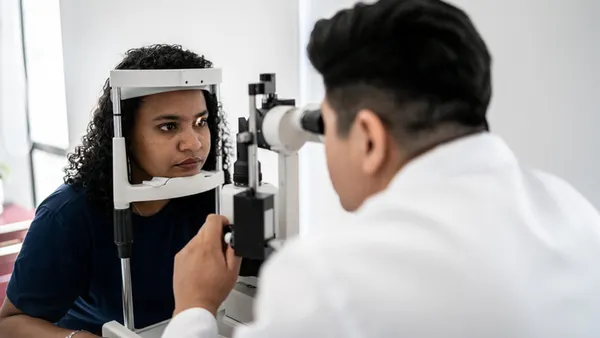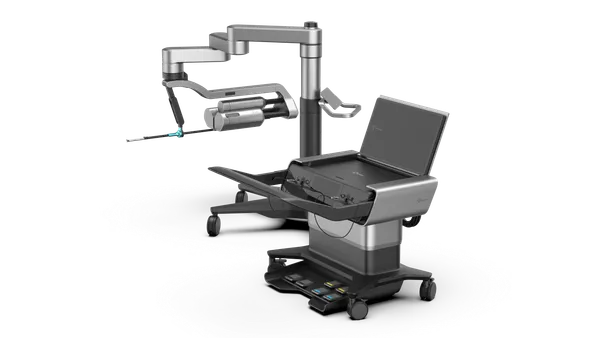Dive Brief:
- GE Healthcare is recalling its Millennium Nuclear Medicine System that takes images of a patient's organs for use in medical diagnoses.
- The Class I recall was prompted by one incident in which a part of the device called the top detector detached and fell onto the detector below it.
- No patient was involved, and no one was injured in the incident, but there is a risk of life-threatening bodily harm if the detector were to detach and fall during an exam, FDA said in a notice.
Dive Insight:
GE Healthcare is recalling 996 of the machines in the United States manufactured between Jan. 1, 1997, and July 1, 2012, and distributed until Sept. 1, 2018.
The incident leading to the recall occurred at a U.S. hospital on Sept. 10, 2018. GE Healthcare, one of the world's largest makers of diagnostic imaging equipment, said it responded immediately and worked with the facility to complete an investigation.
The investigation determined that the cause of the malfunction was a missing mechanical stopper. The stopper is designed to limit the movement of the detector beyond certain parameters during normal operation. In addition, another primary mechanical motion stopper was not functioning properly, the company said.
The systems are used to produce high-resolution, three-dimensional images of a patient's organs such as the heart, lungs, brain and tissues for use in medical diagnoses.
The company, In a Sept. 14 communication to customers, recommended that all sites cease use of Millennium MG, Millennium MC and Millennium Myosight Nuclear Medicine systems until the company could complete a full inspection of all equipment. The model numbers for the affected equipment are: NMH817, NMH816, NMH815, NMH814, NMH803, NMH802, NMH801, NMH800, NGS014, NGS012, NGS009, NGS005 and NG00.
On Nov. 6, GE Healthcare reported to FDA it had finished inspecting all Millennium MG, Millennium MC and Millennium MYOSIGHT Systems globally and confirmed no related issues were found.
Therefore, no additional action is required on the part of customers that have the system. "It is an issue that is in the past," a GE Healthcare spokesman told MedTech Dive.

